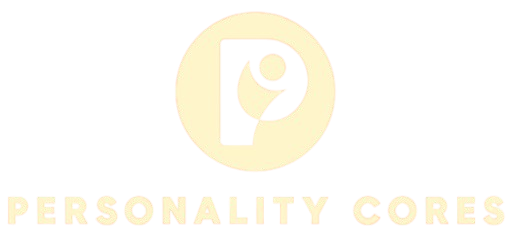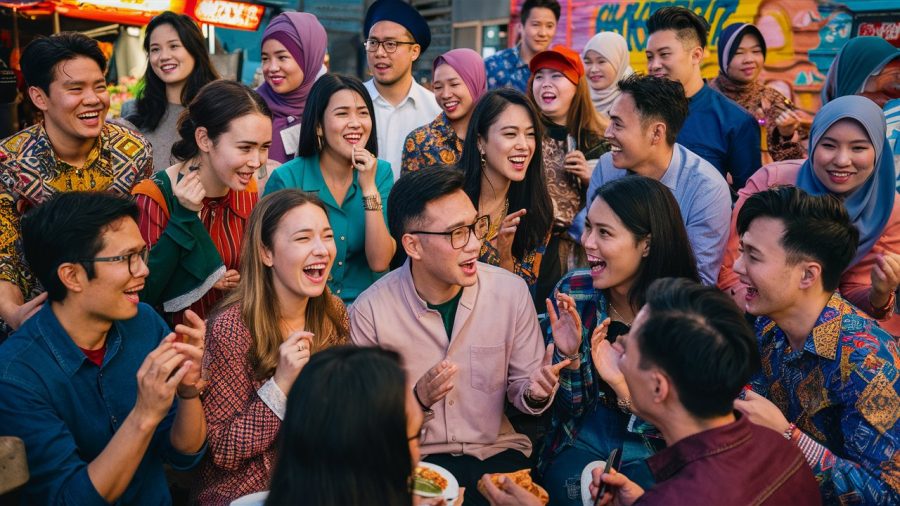Indonesian slang, or bahasa gaul, has become an integral part of everyday communication in Indonesia. It is a blend of traditional languages, cultural influences, and modern trends, which has allowed it to evolve rapidly, especially in urban areas. This dynamic form of communication gives a sense of belonging and identity, allowing speakers to connect on a deeper level.
Roots and Evolution of Indonesian Slang
Indonesian slang has its roots in the diverse linguistic landscape of the country. Indonesia is home to over 700 languages, and its colloquial expressions reflect the multicultural nature of its society. Over time, slang has absorbed elements from various regional languages, such as Javanese, Sundanese, and Batak, as well as foreign influences, particularly from English. As globalization and digital communication have taken hold, new slang terms have emerged, especially from social media platforms and the entertainment industry.
Role in Social Interaction
The use of slang in Indonesia is often seen as a way to establish rapport and show solidarity among peers. It creates an informal tone that breaks down barriers between people of different social statuses or professional backgrounds. For instance, younger generations frequently use indonesian slang to communicate with their friends or in casual settings, expressing themselves more freely and comfortably. This linguistic style is also common in pop culture, such as music and television shows, where it is used to connect with younger audiences.

Flexibility and Creativity
One of the most distinctive features of Indonesian slang is its flexibility and creativity. Words can change meaning depending on the context, and new expressions are constantly created. For example, the term gue meaning I or me and lo meaning you are widely used among friends, but these words can be adapted and transformed into various forms, such as gw, gu, or elo. This fluidity in the language reflects the creativity and playful nature of Indonesians in making everyday communication more exciting.
Cultural Identity and Connection
Slang plays a significant role in shaping cultural identity. It serves as a marker of group membership, with certain slang terms only being understood within specific communities or subcultures. This shared language helps to strengthen bonds among individuals with similar experiences and backgrounds. Additionally, slang allows speakers to express their emotions and humor in a way that is uniquely Indonesian, making it a powerful tool for cultural expression.
Influence on Popular Culture and Media
Indonesian slang has not only remained confined to everyday conversations but has also made its way into popular media, such as movies, music, and advertisements. Television shows, especially those targeted at younger audiences, often feature slang to make the dialogue more relatable and engaging. Songs from Indonesian musicians frequently incorporate slang, adding a local touch that resonates with listeners. This widespread use of slang has led to its normalization in Indonesian society, making it an essential part of modern communication.
Indonesian slang, with its rich mix of regional, cultural, and contemporary influences, is much more than just a form of casual speech. It is a reflection of the dynamic and evolving nature of Indonesian society. From breaking down social barriers to fostering creativity and cultural connection, slang plays a central role in shaping communication in Indonesia, making it an exciting and integral part of daily life.

